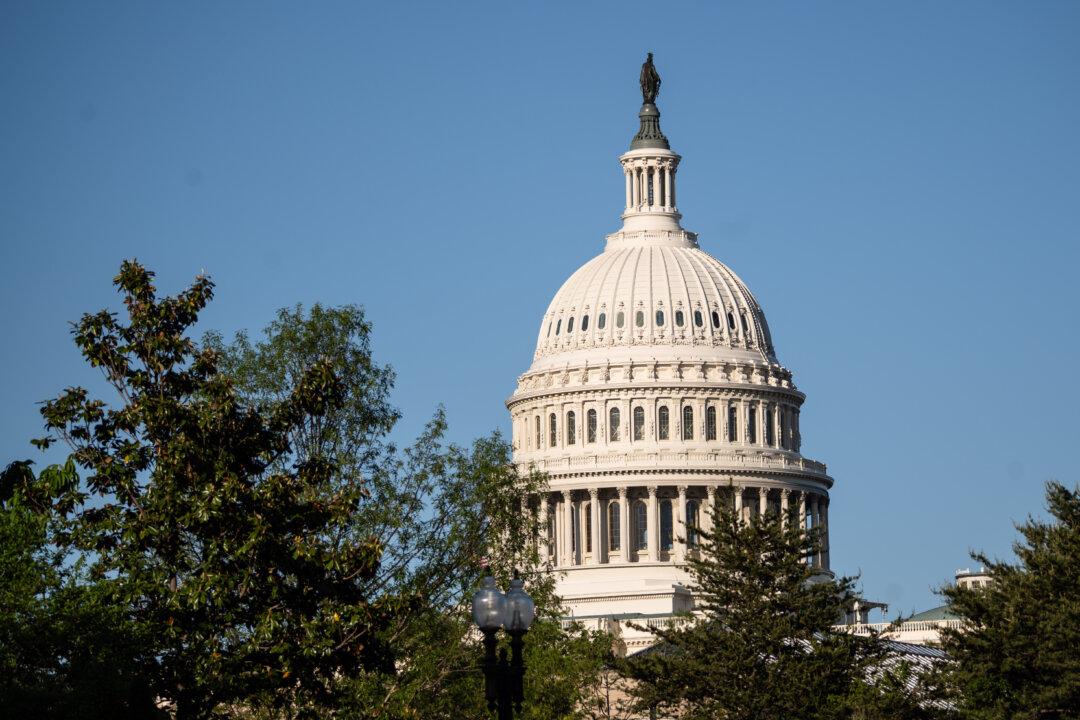This text appeared in the ‘Top Story’ email newsletter sent on May 3, 2025.
House Republicans left Washington Thursday afternoon without an agreement on Medicaid spending, which may hold up work on the budget reconciliation bill for another week.Why Medicaid?





